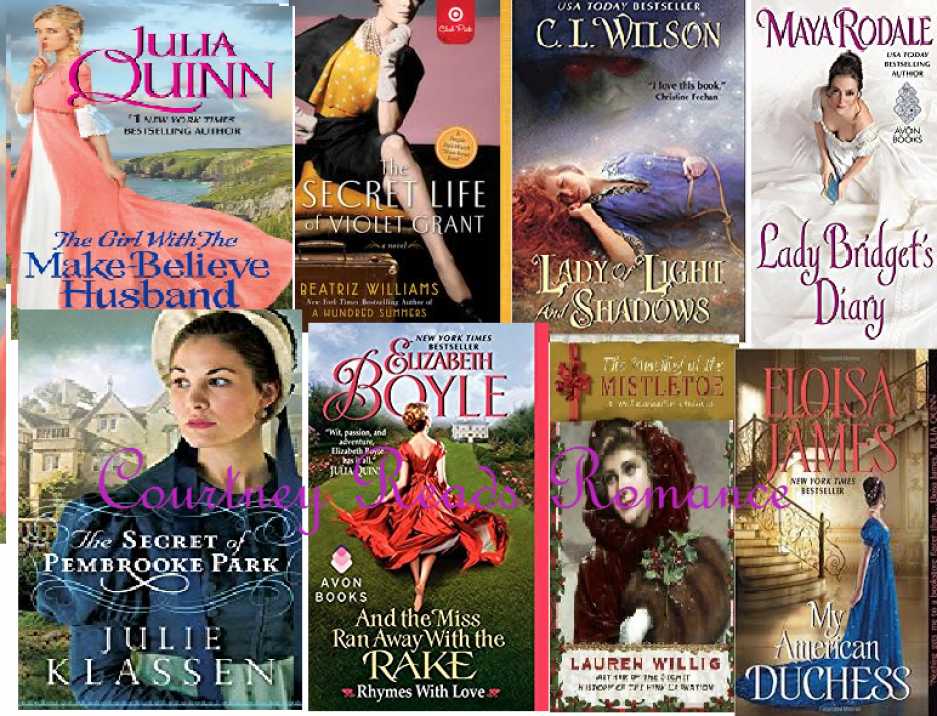Roberts, Nora. The Obsession. New York: Berkley Books, 2016. ISBN-13: 978-0-399-17516-9. $28.00 USD.
4.5 stars
The Obsession is a wonderful work of romantic suspense, exploring how trauma of the past can continue to haunt us in the present, both physically and mentally. And much like the other Roberts romantic suspense I read, the heroine’s backstory is fleshed out in great detail in the early chapters of the book, and I found those chapters to be the strongest, in terms of the dark things Roberts puts her young heroines through.
That’s not to say that the rest of the story is less compelling, and in fact I enjoyed this one much more than The Witness as it didn’t seem to drag on as much with other subplots, keeping the focus on Naomi and her story. She is an incredibly relatable character, as her rationale feels believable in light of what she’s been through. I was a bit ambivalent toward Xander, as it kind of felt like he was written to be everything that was supposed to be cool, like he’s a mechanic, but he’s also in a band, and he reads and has an impressive book collection. While I know that in real life people are multifaceted, I just felt like he was hard to connect to.
aThe culprit of the killings in the latter half are a bit too obvious to call this a romantic suspense or mystery/thriller novel in the traditional sense. But I don’t think this is too much to the book’s detriment, as the title and the clues leading up to it implies an “obsession” with Naomi and knowing her reasonably well, so it feels more like a novel that explores what it was that led the killer to that point, including providing a perspective into the age-old nature vs. nurture argument.











